
New Year, New Healthy You

Make 2020 your healthiest year yet! Add these tips to your resolution list to boost your health and well-being!
Eight Tips for 2020
A healthy eating plan emphasizes fruits, vegetables, whole grains, and fat-free or low-fat milk and milk products. It also includes lean meats, poultry, fish, beans, eggs, and nuts, and is low in saturated fats, trans fats, cholesterol, salt (sodium), and added sugars.

Adults should get at least 150 minutes of moderate-intensity aerobic activity every week, plus muscle-strengthening activities at least 2 days a week. Start small – try taking the stairs instead of the elevator, or parking further from your destination. Consider mall walking if the weather is cold or icy.
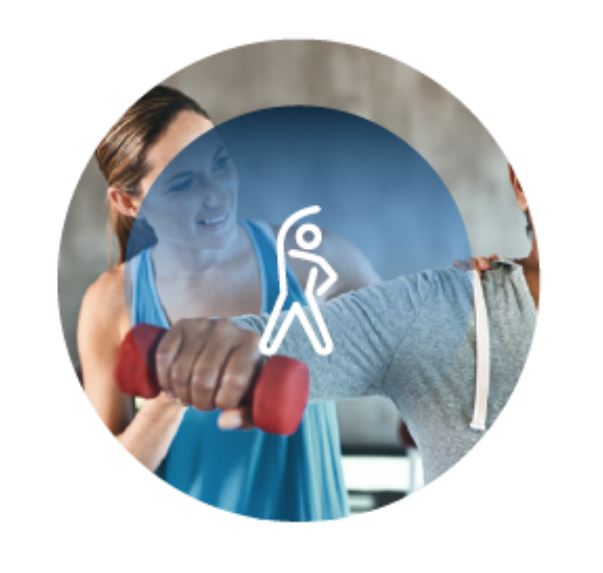
Drinking enough water every day is good for overall health. As plain drinking water has zero calories, it can also help with managing body weight and reducing caloric intake when substituted for drinks with calories, like regular soda. Drinking water can prevent dehydration, a condition that can cause unclear thinking, result in mood change, cause your body to overheat, constipation, and kidney stones.
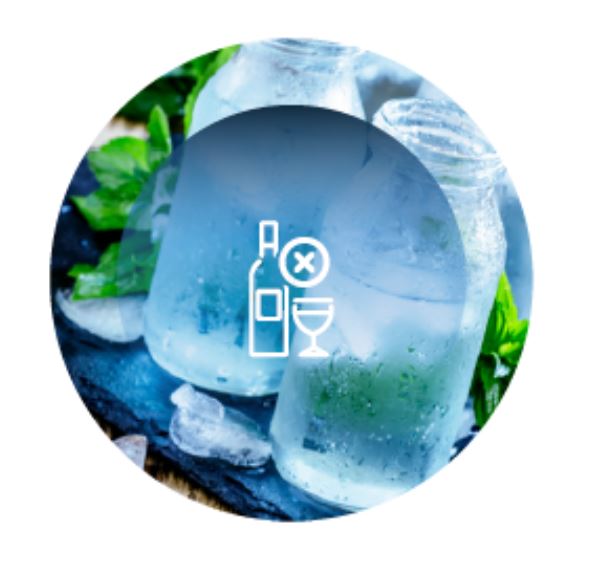
Insufficient sleep is associated with a number of chronic diseases and conditions—such as type 2 diabetes, cardiovascular disease, obesity, and depression. Adults need seven or more hours per night.
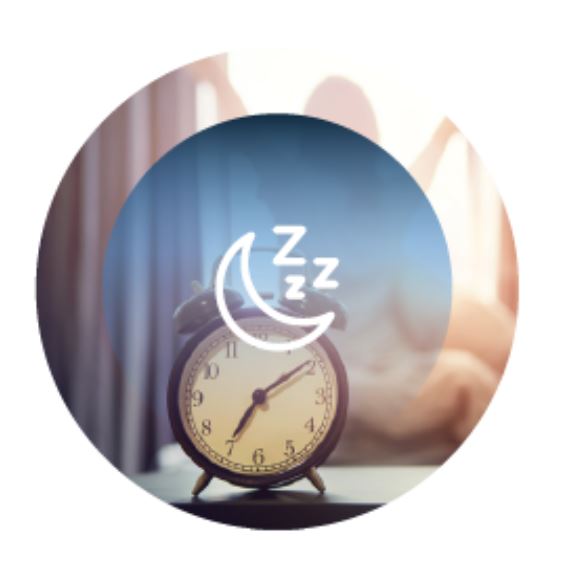
If you are ready to quit, call 1-800-QUIT-NOW (1-800-784-8669) or 1-855-DÉJELO-YA (1-855-335-3569 for Spanish speakers) for free resources, including free quit coaching, a free quit plan, free educational materials, and referrals to other resources where you live. Need inspiration? Check out these videos from the Tips From Former Smokers® campaign.
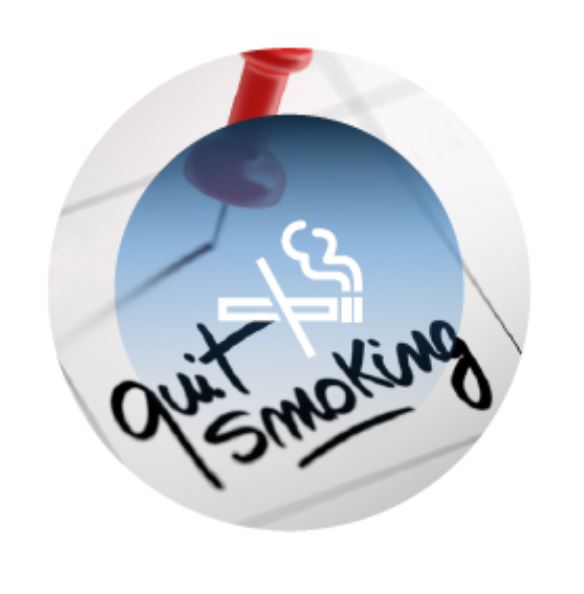
The sun’s ultraviolet (UV) rays can damage your skin in as little as 15 minutes. Wear layered clothes and apply broad-spectrum sunscreen with at least SPF 15. Even in cold weather, the sun can damage your skin. UV rays, not the temperature, do the damage.
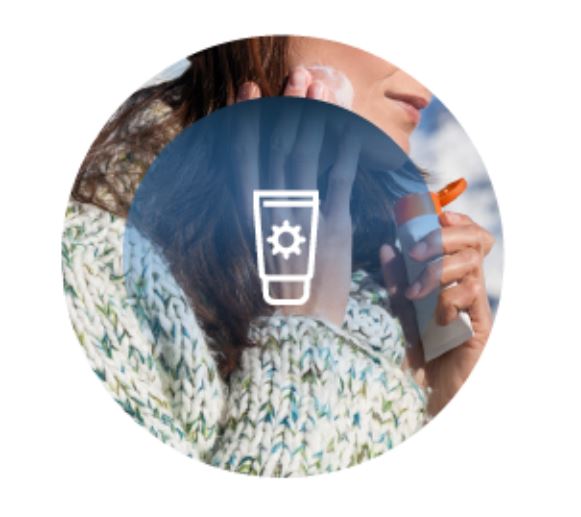
Make an appointment for a check-up, vaccination, or screening. Regular oral and medical exams and tests can help find problems before they start. They also can help find problems early, when your chances for treatment and cure are better.
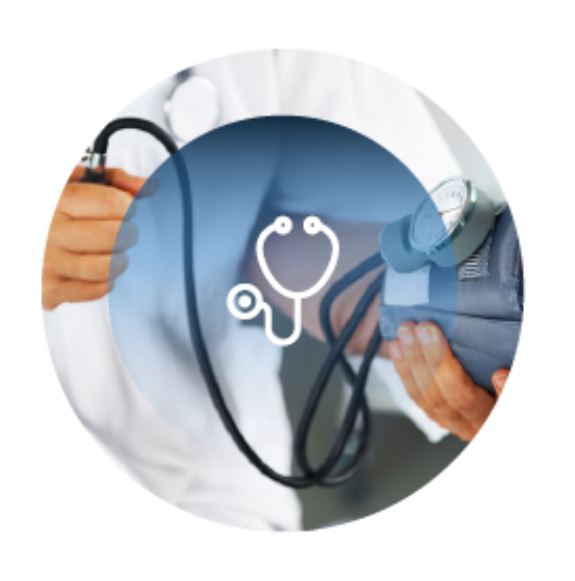
Knowing and acting on your family health history is an important way to protect your health. Collect your family health history and share it with your doctor at your next visit. Your doctor can use it to develop a more complete picture of your health and your risk factors for disease. Together you can work on ways to reduce that risk.
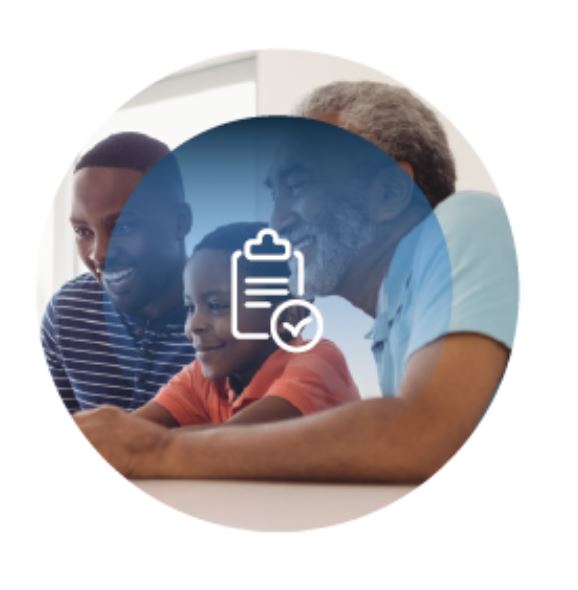
Source:
- CDC


Most Commented